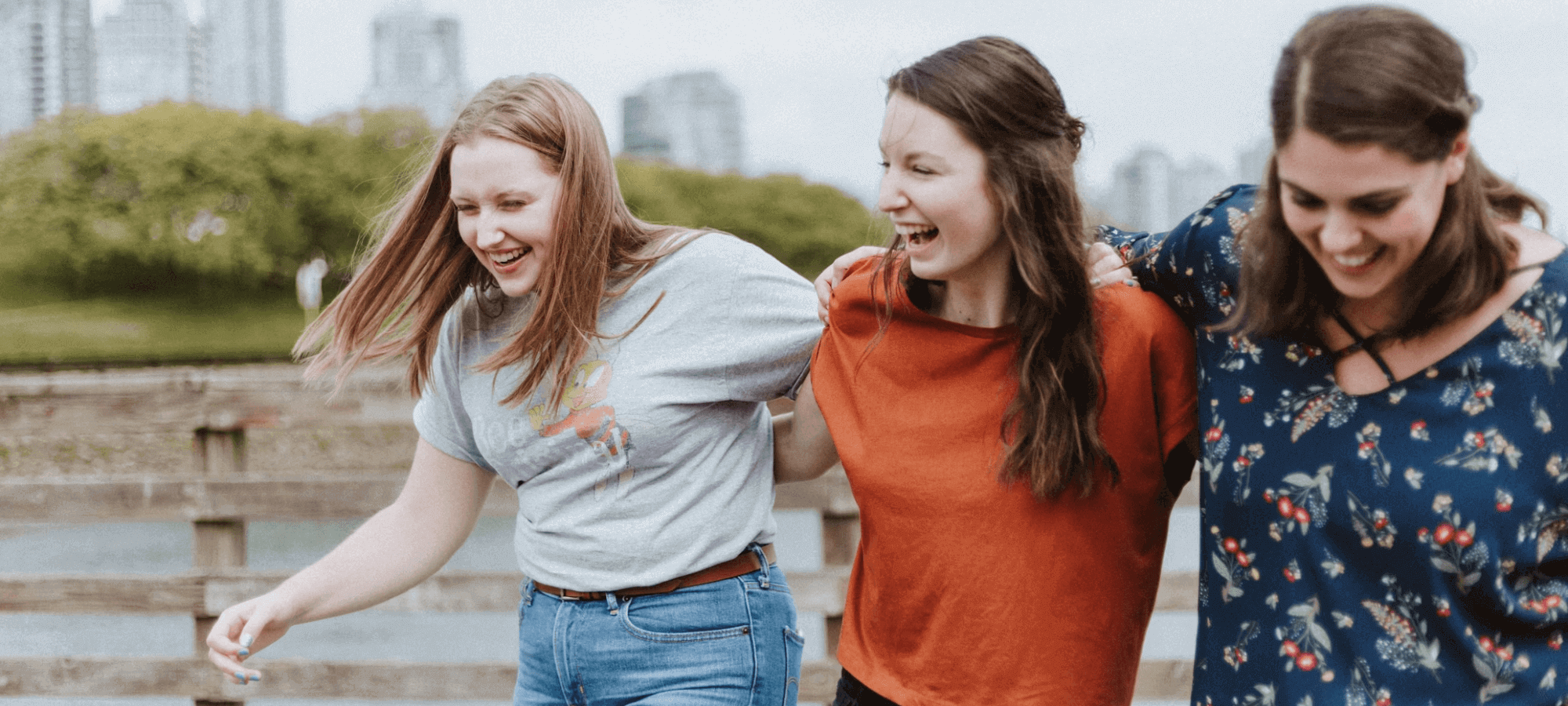
This week is Mental Health Awareness Week, and the theme this year is ‘Movement: Moving more for our mental health’.
We’ve been chatting to Angela and Sally from the Women’s Workshop, to get their tips, advice, and own experiences of moving more for mental health!
The Women’s Workshop is a non-profit based in Northumberland. It supports local women with their wellbeing, trying new skills, access to opportunities, and building communities.
The Women’s Circle Project is one of the Women’s Workshop’s projects, and is funded through the Voluntary, Charitable, and Social Enterprise (VCSE) Mental Health Alliance, which Everyturn Mental Health is proud to lead. This project supports women through yoga, creative activities, and outdoor garden projects, in safe, supportive, and accessible spaces.
We spoke to Angela, Environment Manager; and Sally, Yoga Therapist with the Women’s Workshop, to find out how they feel movement can benefit our mental health.
What impact have you found movement/physical activity has on mental health?
Angela says:

“As a gardener at heart, I find the physical activity of gardening a great of way relaxing the body and mind, it helps to circulate oxygen and blood, supporting my wellbeing and helping to uplift my mood.”
“Out in the open air, in the environment with others – whether it’s chatting to the neighbour, someone passing on the street, or at a local allotment or garden group – it helps reduce the feelings of isolation and loneliness and can engage friendships and new interests, helping to create new connections.”
Sally says:
“It’s not a question of the more you move the better you feel. Less can be more. Movement is like medicine and needs the right ‘dose’ for the individual. Not just the quantity but the quality, the way we connect to our self in movement.”
“With care and kindness at our edges, versus pushing way out of our window of tolerance. Being ‘in’ or connected to our body’ rather than living ‘in our head’ is as important as the actual movement.”
Do you have any ideas for people on alternative ways to get active?
Angela says:
“Pot up a plant. You always end up doing more than you started.”
Sally says:
“Our activities include chair-based mindful movement, drumming/percussion, singing, dancing, maypole dancing, creative activities with natural materials, mindful walking. Often these are part of rituals to celebrate the celtic seasonal festivals, so the movements are embodying these seasonal rituals.”
What would be your one piece of advice for someone who wants to be more active, but isn’t sure where or how to start?
Angela says:
“Take a short 10-minute walk and listen to the birds or look for wildflowers.”
“Once you start with a theme for each 10-minute walk, you’ll gain more interest in the walks and might make a few friends on route.”
Sally says:
“I love the practice of ‘orienting’. If you are sitting still a lot (perhaps your attention is focused on a computer screen), both the posture and the fixed eye gaze create a state of hypervigilance, a stress/tension state.”
“A simple thing to do is to find your feet on the ground, roll your shoulders back and create a more easeful upright posture. Then start looking around the space, turning the head and let your eyes wander where they want to go.”
Have you always had an interest in movement/physical activity?
Angela says:
“Personally, yes, I’ve always been active, gardening or walking the dog. This is my way of clearing my head after a very busy day at work, or just to get me up and about.”
Sally says:
“In my early 20s, I had chronic fatigue, which led me to become actively interested in my own mental health and wellbeing. So I became a yoga teacher and, 20 years later, a yoga therapist training with The Minded Institute.”
“The course blends neuroscience, psychology, psychological skills, yoga philosophy, and yoga-based somatic practice. We studied a range of mental health and chronic physical health conditions through this lens.”
Last but not least, do you have any recommendations in terms of signposting, that you or others have found useful when it comes to moving more?
Angela says:
“Come along to the Women’s Workshop, Amble to join our groups, or join Mind and Sole of Alnwick for walks, or dip your toes in the sea.”
Sally says:
“As well as working with Women’s Workshop on a regular basis, I offer other online and in person movement-based support, suitable for people with PTSD and complex trauma, chronic pain & fatigue.” See details at www.yogaisforlife.co.uk.
The Women’s Workshop works in partnership with other organisations in the ‘Rural Women’s Recovery Network’ who offer different ways of moving, including Mind & Sole in Alnwick for Walking and sea dipping, Nurtured in Nature CIC (work with horses), Tina’s Haven, Workie Ticket CIC (theatre work).”